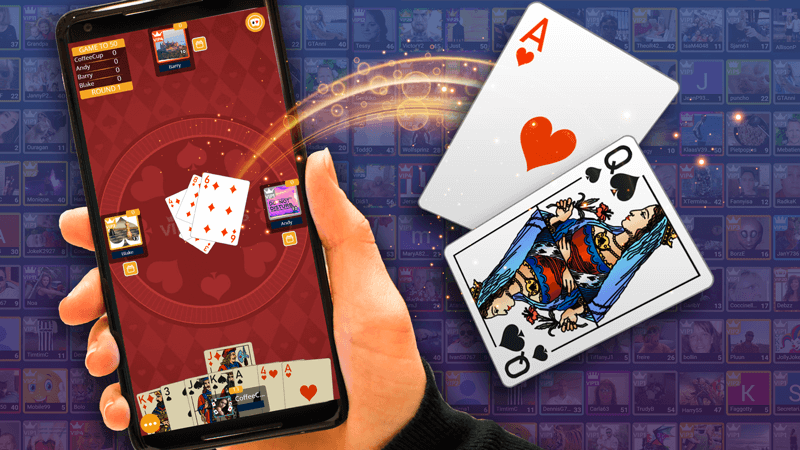
The Evolution and Impact of Online Games
Online gaming has transformed from a niche hobby to a mainstream cultural phenomenon. It has reshaped the way people socialize, entertain themselves, and engage with digital platforms. With millions of players around the globe logging into various gaming platforms daily, the influence of online games is undeniable Megaxwin. This article delves into the evolution, diversity, and impact of online games on society.
The Evolution of Online Gaming
Online gaming traces its roots back to the early days of the internet, when multiplayer modes were simple text-based interfaces or rudimentary pixelated experiences. The earliest known example is the 1970s’ MUD (Multi-User Dungeon), a text-based multiplayer game that allowed players to navigate virtual worlds via command prompts. These early games laid the foundation for today’s immersive multiplayer environments.
As technology advanced, so did the capabilities of online games. In the 1990s, as home computers became more powerful and the internet more accessible, graphical online games emerged. Titles like Ultima Online and EverQuest in the late 1990s and early 2000s introduced large multiplayer environments, allowing thousands of players to interact within the same virtual world. With the release of World of Warcraft in 2004, Massively Multiplayer Online Role-Playing Games (MMORPGs) took the genre to a new level, creating a cultural and commercial powerhouse that expanded the online gaming landscape.
The Diversity of Online Games
The online gaming ecosystem today is vast and diverse, catering to different types of players and interests. There are several prominent genres, each offering unique experiences:
- MMORPGs: Games like World of Warcraft and Final Fantasy XIV feature expansive open worlds where players take on the roles of characters, complete quests, and engage in cooperative or competitive play.
- Battle Royale Games: In titles like Fortnite, Apex Legends, and PUBG, players are dropped into a massive arena and must fight to be the last one standing. These games emphasize survival, strategy, and fast-paced combat.
- Multiplayer Online Battle Arenas (MOBAs): Games such as League of Legends and Dota 2 pit teams of players against each other in strategic, team-based combat. MOBAs have become incredibly popular in esports, with millions of viewers tuning in for professional tournaments.
- Casual Games: Mobile platforms have made casual online games accessible to a broader audience. Games like Candy Crush, Among Us, and Clash of Clans are simple yet highly engaging, often involving short, time-efficient gameplay that appeals to a more casual audience.
- Sandbox Games: Games like Minecraft and Roblox provide players with creative freedom, allowing them to build, explore, and interact with worlds of their own making or with the content generated by other players. These games emphasize creativity, exploration, and social interaction.
- First-Person Shooters (FPS): Titles like Call of Duty: Warzone and Counter-Strike: Global Offensive are staples of competitive online play. They feature intense, fast-paced gunplay and often focus on team coordination and strategic planning.
The Social and Psychological Impact
One of the most notable aspects of online gaming is its social dimension. Online multiplayer games have become virtual spaces where people interact, form friendships, and build communities. These social interactions can break down geographical barriers, allowing players from different parts of the world to communicate and collaborate.
Guilds, clans, and teams form the backbone of many multiplayer games, where teamwork is essential to succeed. These organized groups often go beyond the game, with friendships and communities extending into real life or other online platforms. In fact, many players report that online games have helped them form long-lasting friendships and even romantic relationships.
On the flip side, online games can also contribute to issues like addiction or unhealthy levels of screen time. Games are designed to be engaging, sometimes to the point where players struggle to maintain a balance between their virtual and real-life commitments. For some, this can lead to neglect of daily responsibilities, social isolation, or negative impacts on physical and mental health.